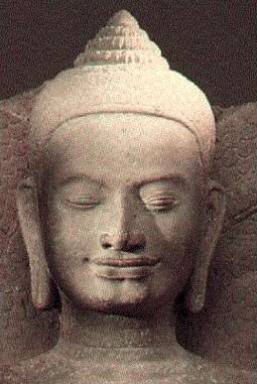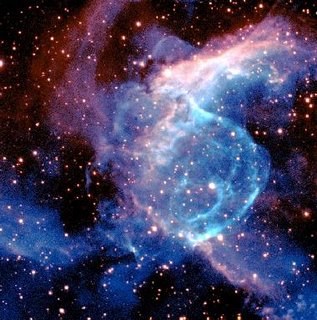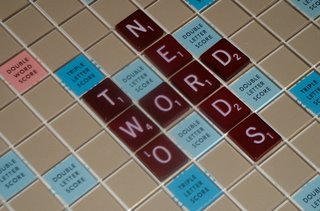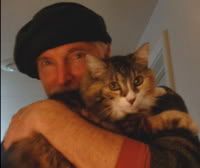Appreciation Practice

Reading an interview with His Holiness The Twelve Gyalwang Drukpa I find myself thinking, “I knew that. I know that. That’s not hard. Well, duh. No problemo. I can do that.” Thoughts like that. When asked about meditation His Holiness says, “the natural state is the main thing: awareness itself…Of course, we try to meditate daily” he says, “sitting, chanting praying. But I would say that not doing too much is the important thing…Consider nondoing, nonaction...My goal is not doing anything, ultimately. Just being. That’s it.”
Just being. To be… it’s not a question, Hamlet. It’s the answer. The Drukpa continues, “The essence of dharma is not to harm anybody…Realization is unconditional happiness…. You have to … appreciate [the harmful parts of our life and the world] anyway, as it is in reality… Maybe [‘the great gurus”] don’t especially…approve [of those parts], but…Acceptance and understanding [are] there at some level…For now you can walk, and think, and see. So— appreciate, appreciate, appreciate! There is no real reason you cannot be happy.”
If that’s true why does it seem so hard sometimes? Why, as Lama Surya Das points out in his questions, are we so often seduced by unskillful thoughts and emotions? His Holiness answers, “You need time in practice. You change your habits and change your mind and become more aware. You need to remember and to tell yourself again and again that this is the liberating teaching and to reflect upon it, and recall how and what to appreciate, to keep developing heartfelt appreciation and diligence.”
The practice is like watching your breath in meditation. You watch your breath and when you realize you’ve become distracted and forgotten your breath, you simply, gently bring your attention back to the breath. In everyday awareness you attend the miraculous gift of existence. The warmth of your clothing, the soft whir of this ingenious machine, your computer, sounds from outside reaching your ears, pulse, respiration, sensations, physics, light, shadow. We watch the miracle like we watch the breath and when we become sad and distracted by the confusion and violence of men, we reflect, understand, see how it’s all of a piece…a time bound process. The waves strike the rocks. There is backlash, counter forces, the deeper patterns emerge, the folly of attachment and fragmented perspective reveal themselves, we learn, clashing waves cancel each other out, and we gently bring our minds back to the miracle. Through this practice the world is liberated.
We are most effective and most happy doing nothing but being awareness, by going into the world and being awareness and letting action flow from choiceless awareness. No one’s doing it. The interplay of a greater intelligence in this life seems to flow from a centerless great perfection, where clarity abides. The most facile efficiency wells naturally from a serene knowing that transcends concepts. Sometimes there is the smooth equanimity of concentration and sometimes there is the cognitive dissonance of forgetfulness but the practice remains.
Bring the mind back to attention, witness dispassionately the mechanics of sorrow, notice how effortlessly shifting one’s energy to attention begins to deflate the most overblown fits of anxiety. We don’t need reasons to be happy. We mostly need to shift our psychic energy away from angst and toward attention. When you notice your fingers on the keyboard, dancing out the intricate steps of reflection, language, and passion, you’re back, beholding the miracle again, following the breathing of the You-niverse. Happy, enveloped in the arms of the Eternal Beloved… always conspiring to do you good. Back. Appreciating, appreciating, appreciating. But…you knew that.






